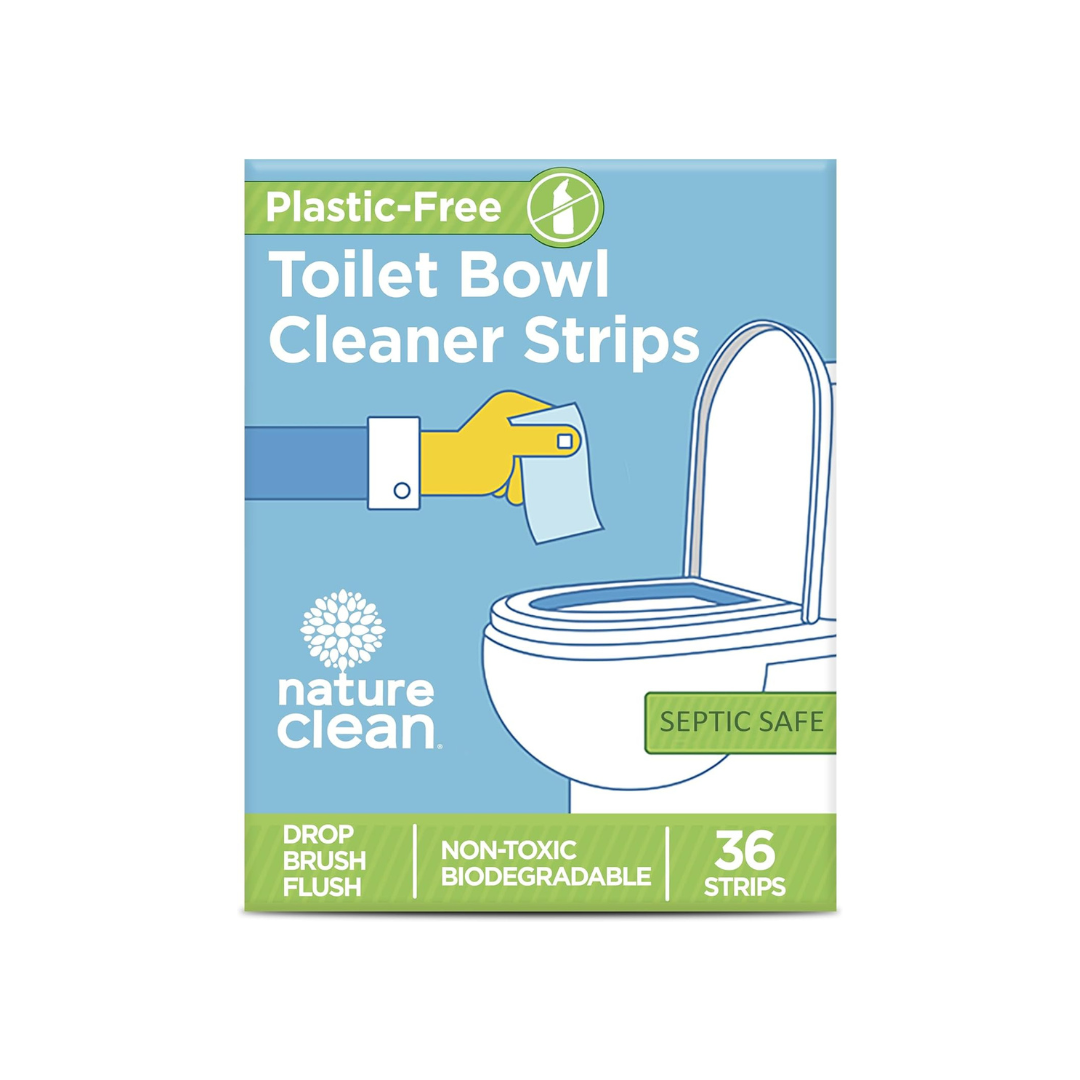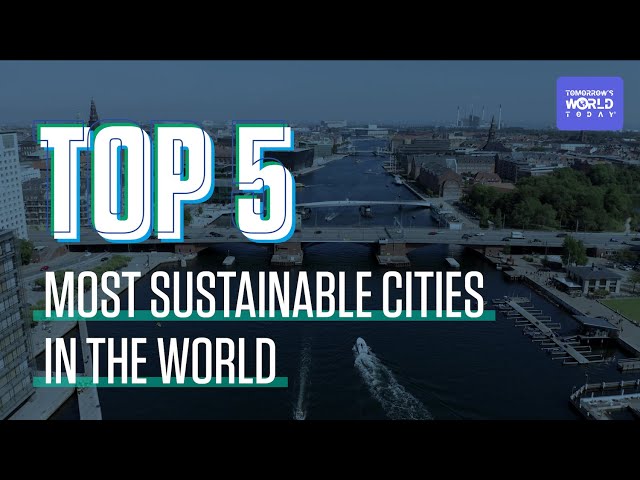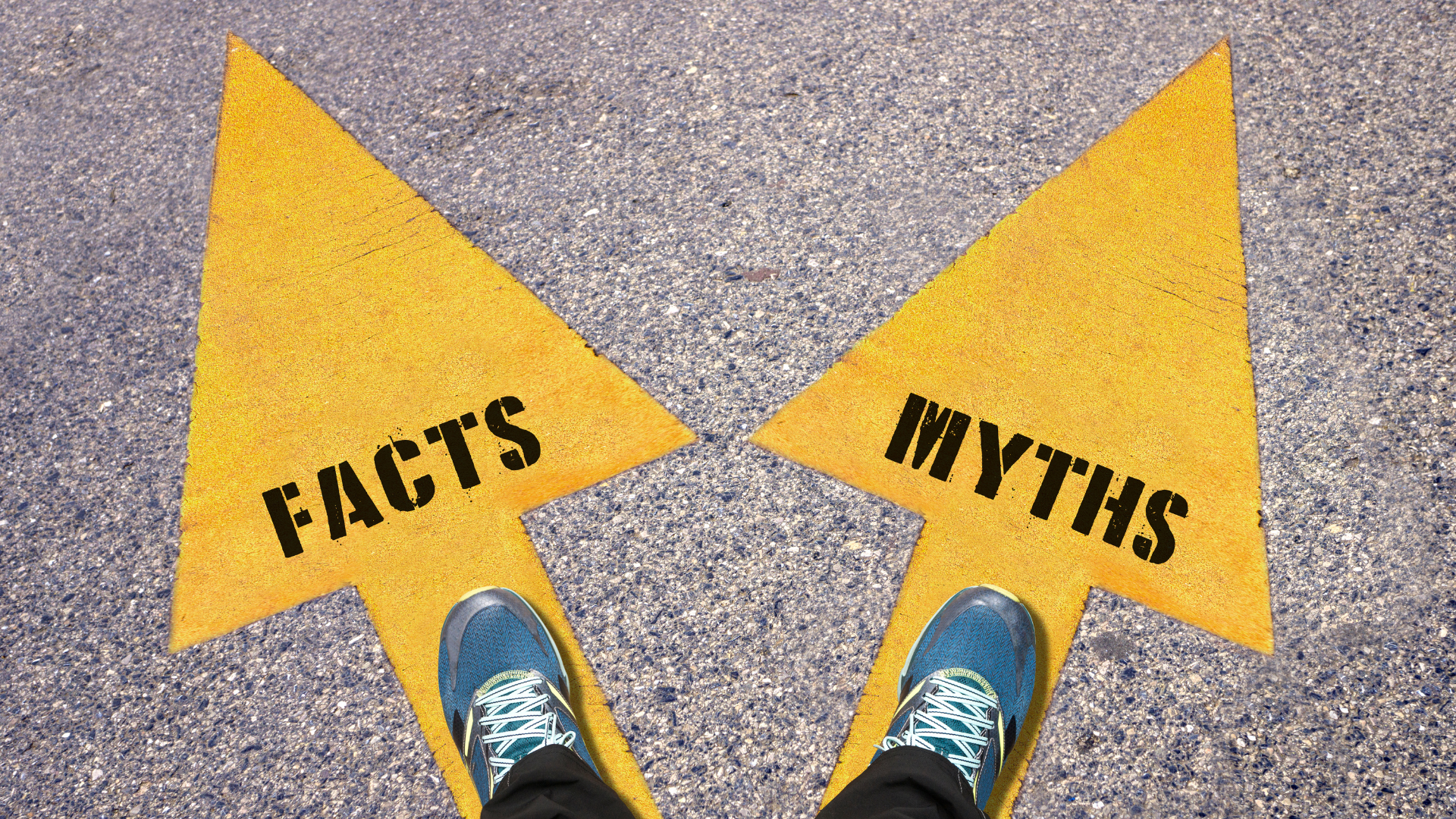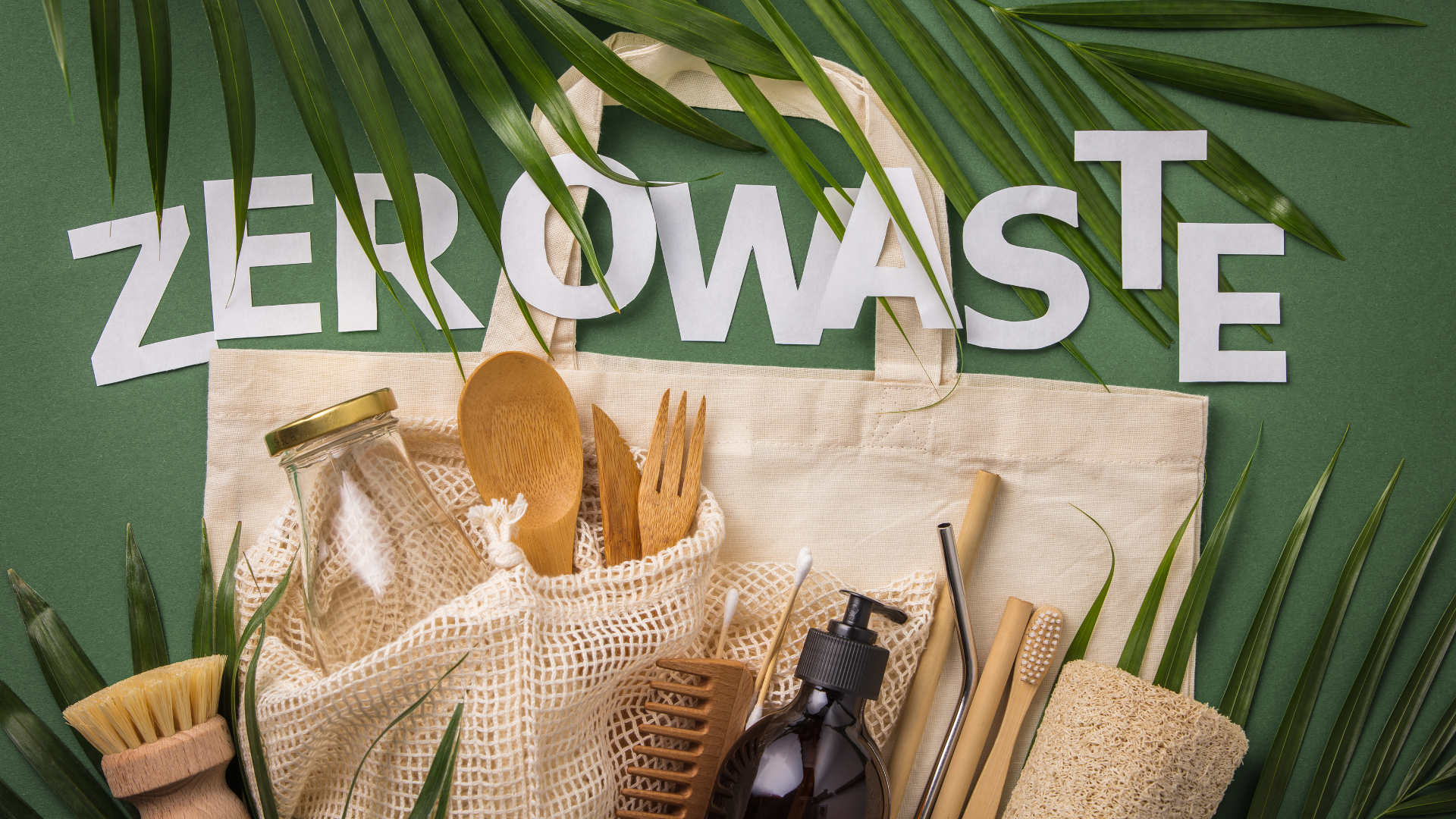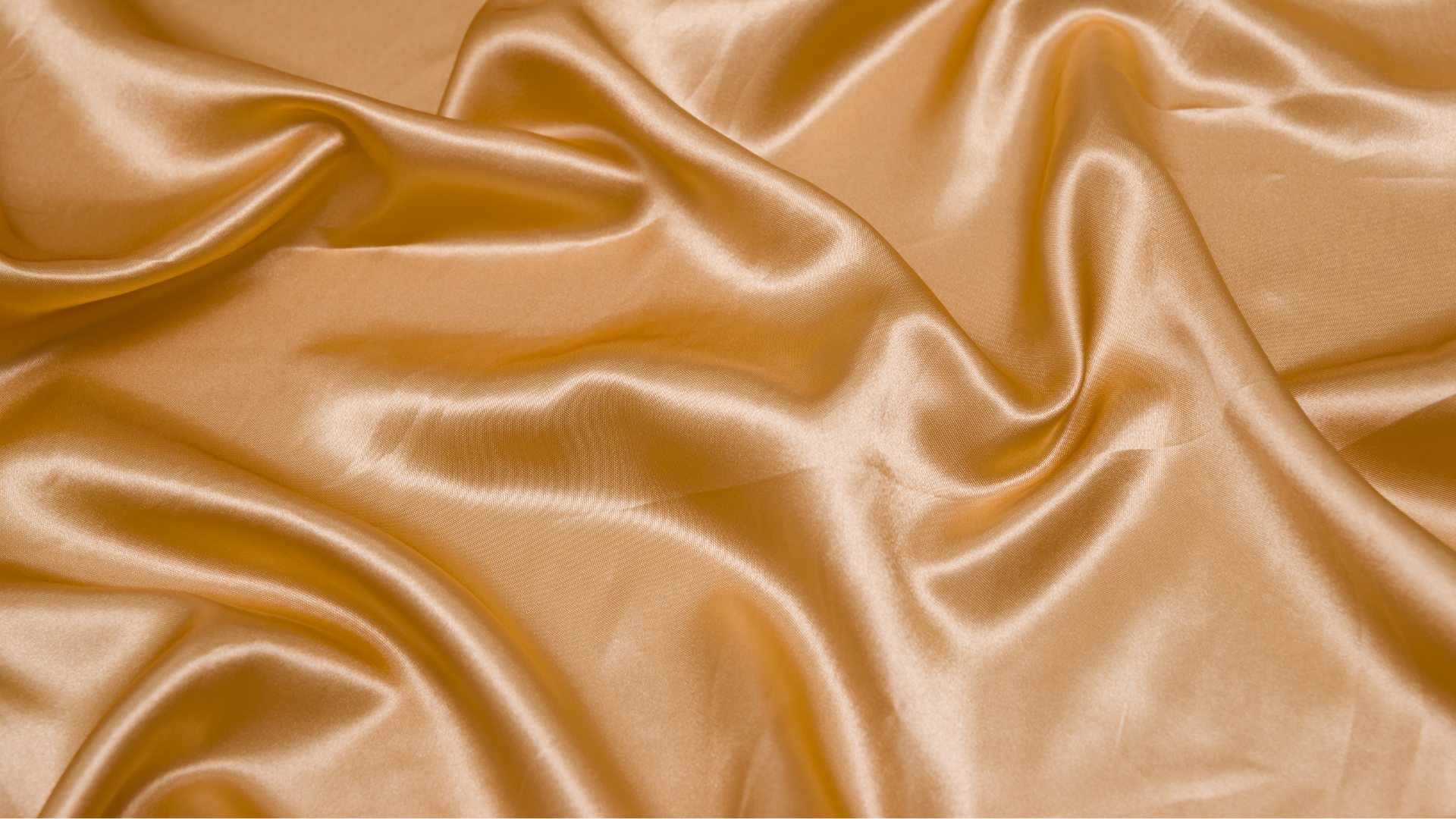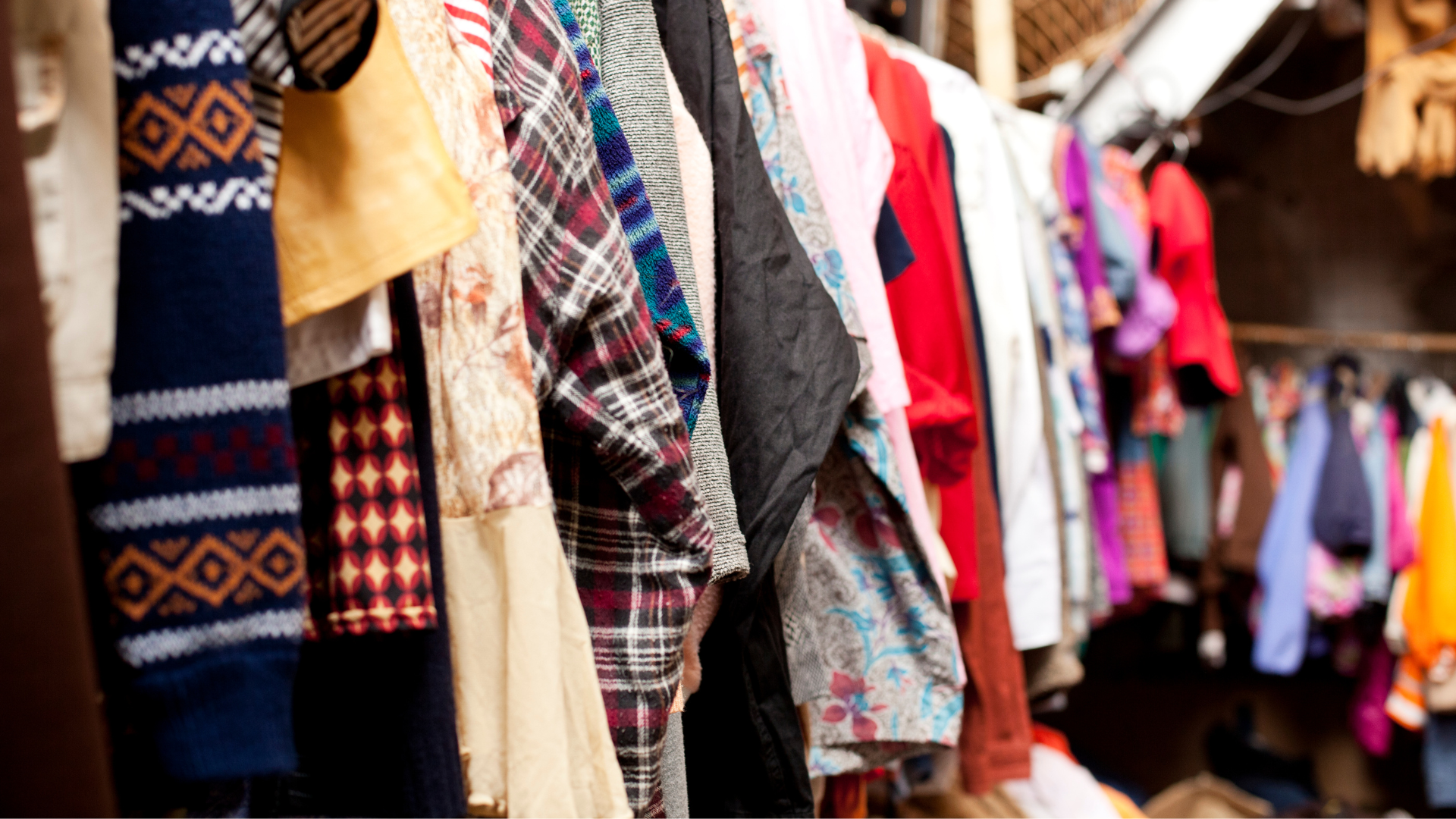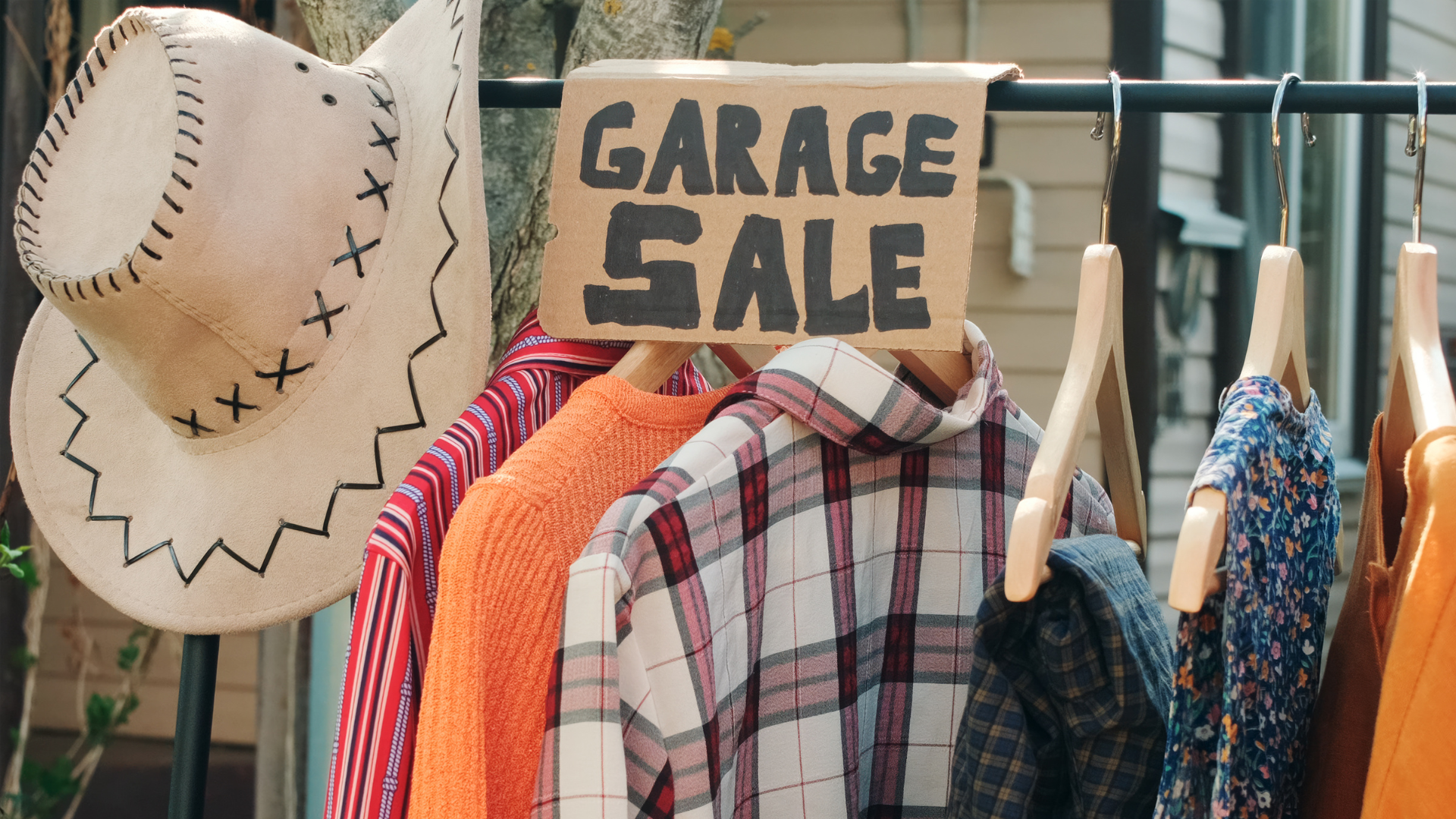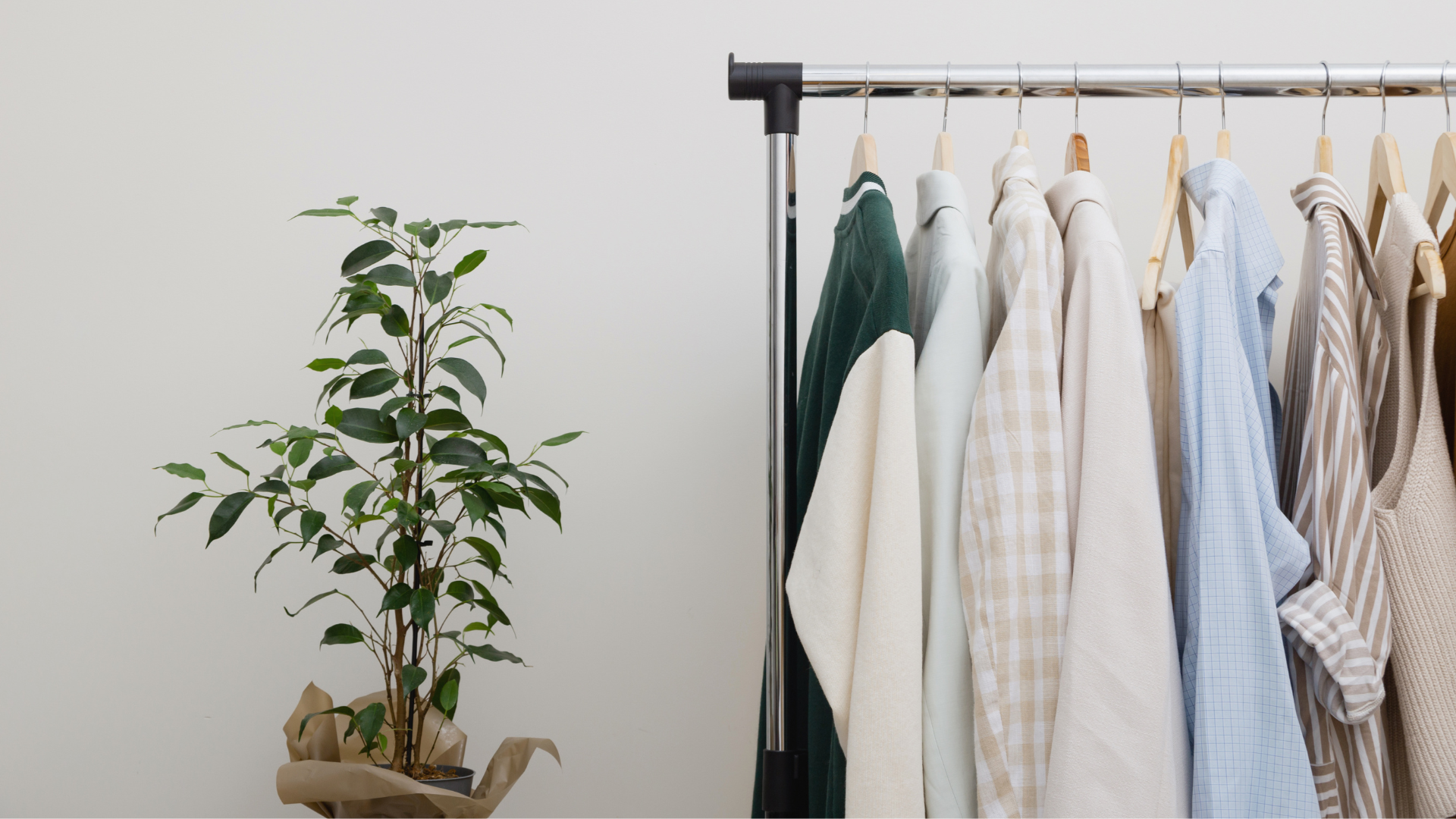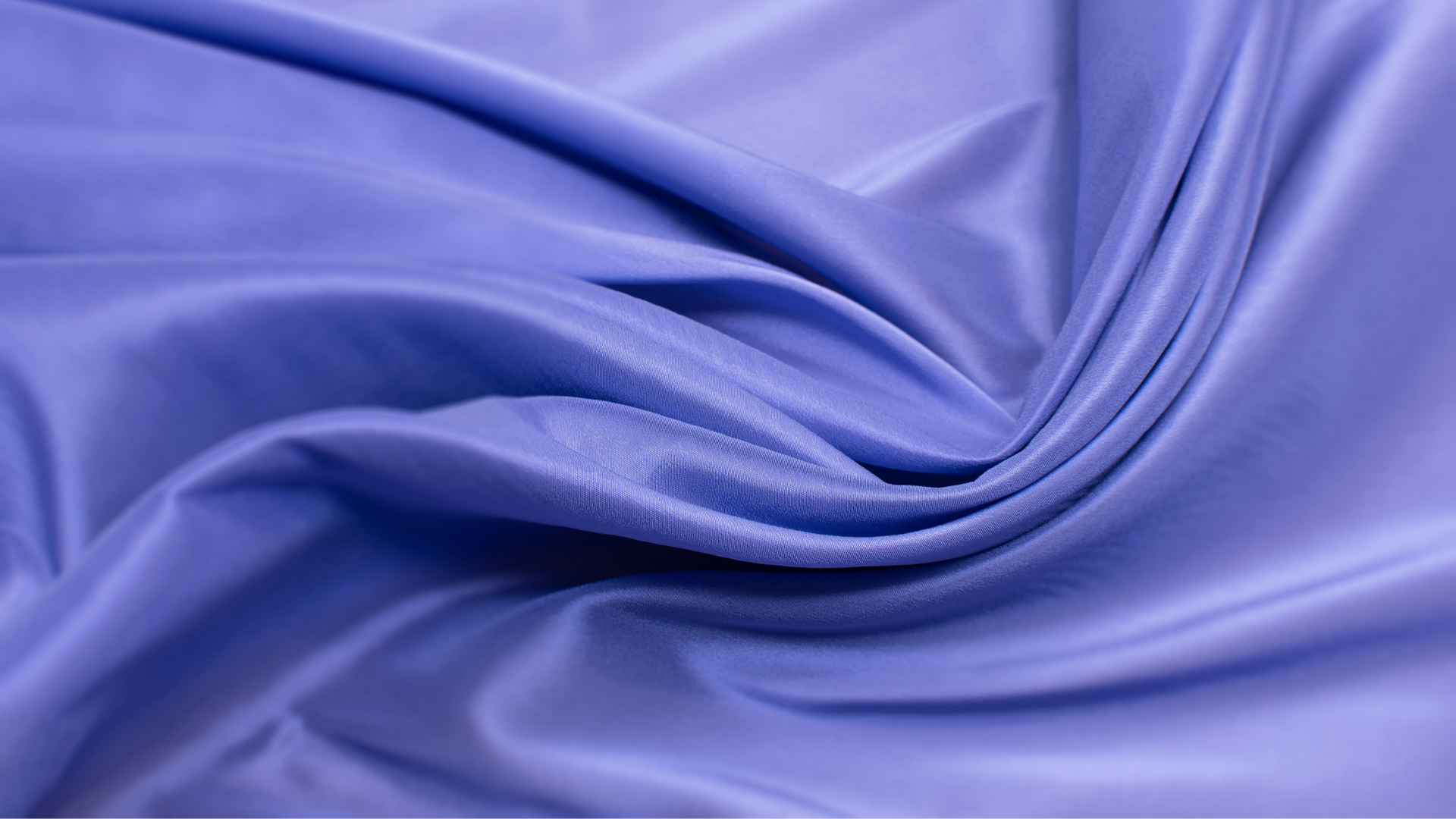In recent years, sustainable fashion has transitioned from a niche interest to a dynamic, influential movement. This shift reflects a broader societal acknowledgment of the environmental impacts associated with traditional fashion practices. In this blog, we'll explore the world of sustainable fashion brands, shedding light on how they're revolutionizing the industry by combining style with sustainability.
What is Sustainable Fashion?
Sustainable fashion refers to clothing and accessories designed, manufactured, distributed, and used in ways that are environmentally friendly and ethically conscious. It involves taking into account the entire lifecycle of the product, from the sourcing of eco-friendly materials to ethical labor practices and the longevity of the product.
The Importance of Eco-Friendly Practices
The fashion industry is one of the world's major polluters, and a shift towards more sustainable practices can significantly reduce its environmental footprint. Sustainable brands focus on minimizing waste, using renewable resources, and ensuring fair working conditions.
Top Sustainable Fashion Brands
Here, we delve into some of the leading sustainable fashion brands that are making significant strides in eco-friendly fashion. These brands are not only committed to environmental sustainability but also ensure that their practices promote social equity.
1. Patagonia
A pioneer in sustainable fashion, Patagonia is renowned for its commitment to environmental conservation and ethical manufacturing processes. Their initiatives include using recycled materials and donating a percentage of their profits to environmental causes. Explore Patagonia's sustainable collections here.
2. Reformation
Reformation combines style with sustainability, creating trendy pieces that are crafted from sustainable materials like organic cotton and recycled fabrics. They are transparent about their manufacturing processes and carbon footprint. Check out Reformation's eco-friendly apparel.
3. Everlane
Everlane is committed to "Radical Transparency," offering fashionable pieces made from ethical factories and sustainable materials. They provide detailed information about the true cost and environmental impact of each item. Learn more about Everlane’s ethical practices.
4. Stella McCartney
As a luxury fashion brand, Stella McCartney has been a trailblazer in advocating for animal rights and using cruelty-free and organic materials, demonstrating that luxury and sustainability can go hand in hand. Discover Stella McCartney's sustainable luxury fashion.
5. People Tree
People Tree is recognized for its fair trade fashion, working closely with artisans and farmers in developing countries to produce ethical and eco-friendly clothing. Visit People Tree for fair trade fashion.
Sustainable Materials and Innovations
Innovative materials are at the heart of sustainable fashion. Brands are increasingly turning to alternatives that are less harmful to the environment.
Biodegradable Fabrics
These materials naturally decompose in the environment, reducing waste and pollution. Examples include organic cotton, hemp, and Tencel.
Recycled Materials
Many sustainable brands use recycled plastics and other materials to create fabrics, significantly reducing waste and resource consumption.
The Impact of Sustainable Fashion
The adoption of sustainable practices in the fashion industry has far-reaching impacts.
Environmental Benefits
Reduced waste, lower water usage, and decreased carbon emissions are direct results of sustainable fashion practices.
Social Impact
Fair labor practices and the support of local communities are central to the ethos of many sustainable fashion brands.
FAQs About Sustainable Fashion
What is the most eco-friendly fabric?
Organic cotton is often considered one of the most eco-friendly fabrics due to its low environmental impact and absence of pesticides and synthetic fertilizers.
Can sustainable fashion be affordable?
Yes, while some sustainable brands may have higher price points due to the quality and ethics behind the production, many are working to make sustainable fashion more accessible.
How can consumers verify the sustainability of a brand?
Look for certifications like Fair Trade, Organic, or B Corp, which indicate that a brand has met rigorous environmental and social standards.
Conclusion
Embracing sustainable fashion is more than a trend—it's a crucial step towards a more ethical and environmentally friendly future. By supporting sustainable brands, consumers play a part in promoting responsible fashion practices that prioritize the planet and its people.
Call to Action
Explore more about sustainable living and eco-friendly products on our Sustainable Living Blog. Join us in making responsible choices that pave the way for a sustainable future.
By diving deep into the essence and impact of sustainable fashion, this article not only informs but also inspires action towards a more sustainable lifestyle.



